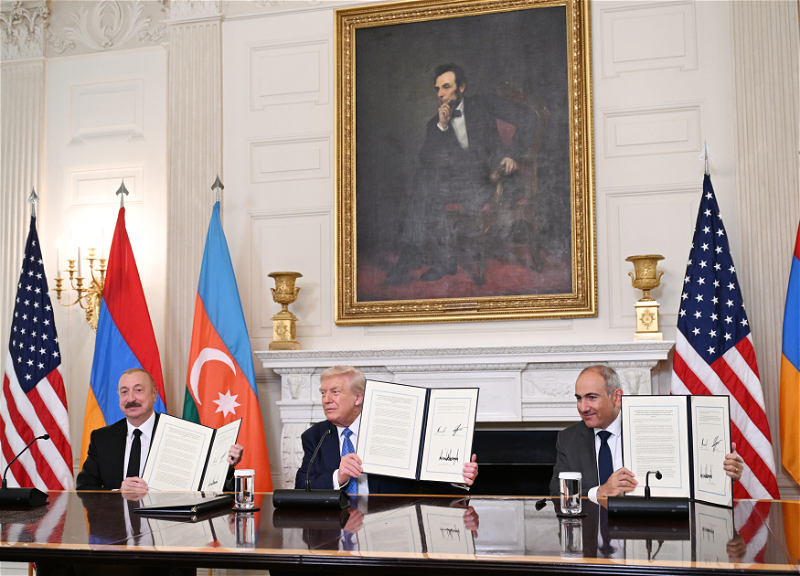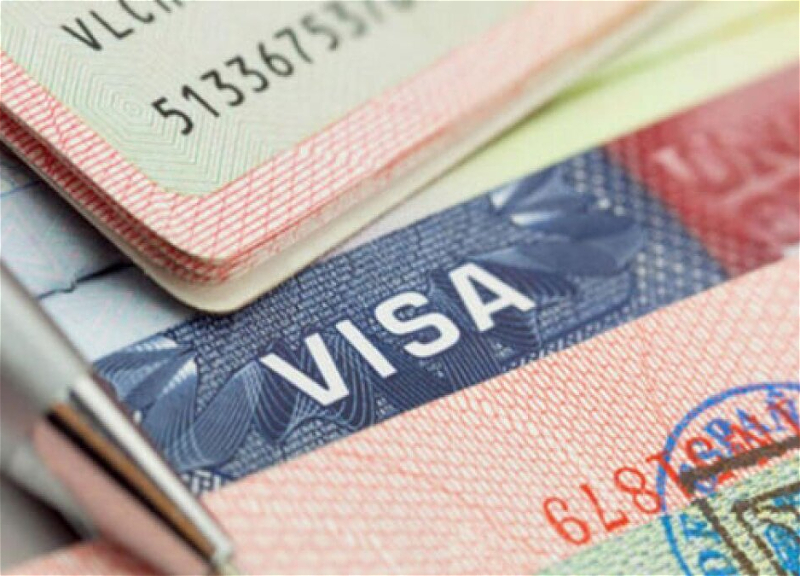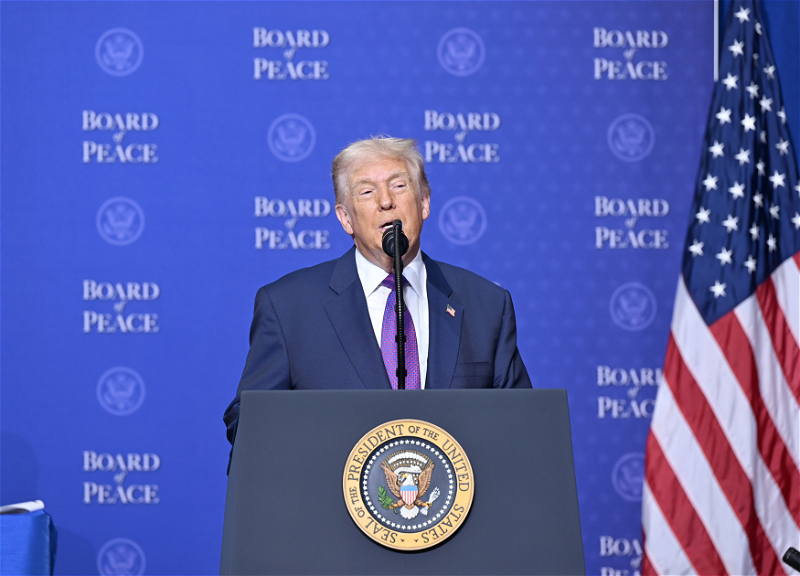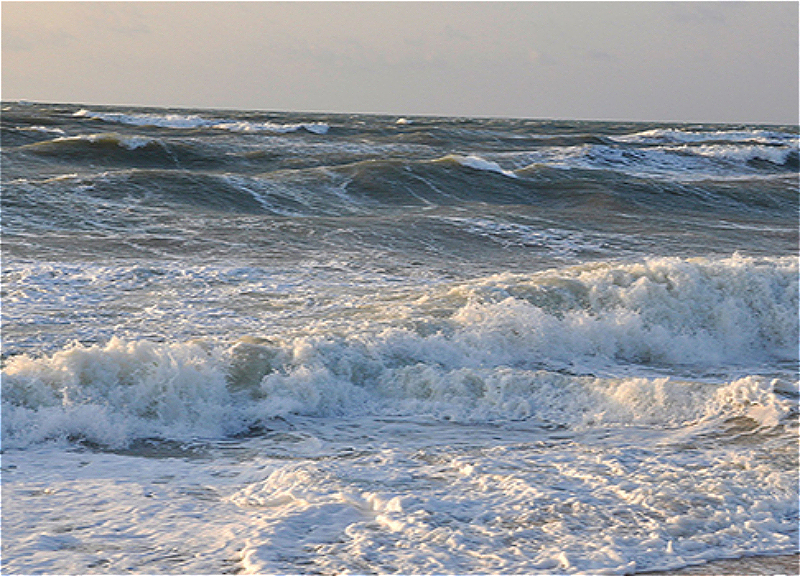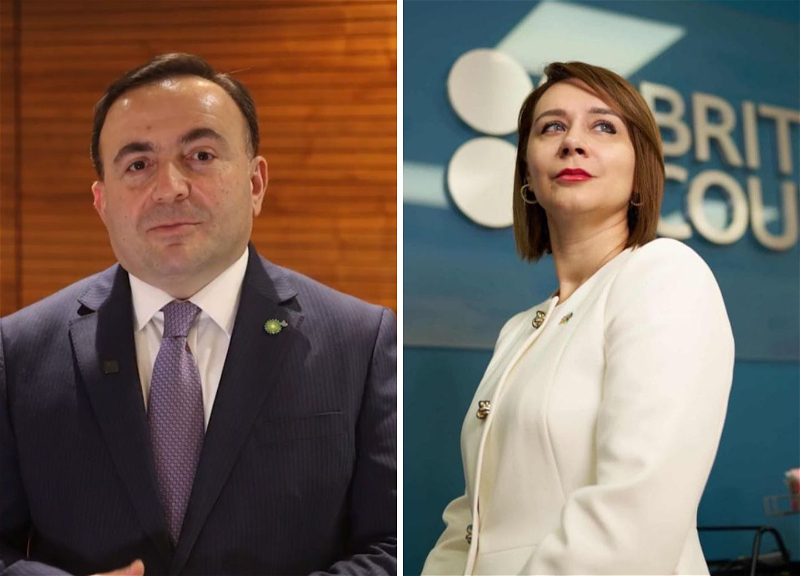Новости Азербайджана
Главные новости

Xроника
Ильхам Алиев принимает участие в первом заседании Совета мира в Вашингтоне - ТРАНСЛЯЦИЯ
В Вашингтоне проходит первое заседание Совета мира. Президент Азербайджанской Республики Ильхам Алиев принимает участие в заседании по приглашению Президента Соединенных Штатов ...
Политика
Хикмет Гаджиев: Трамп вновь подчеркнул мирную повестку между Азербайджаном и Арменией
Помощник президента Азербайджана – заведующий отделом по вопросам внешней политики Администрации президента Хикмет Гаджиев в социальной сети Х поделился фотографией ...
Политика
Трамп: Я добился мира между двумя очень важными странами и никогда этого не забуду
Они (Президент Ильхам Алиев и Премьер-министр Никол Пашинян – ред.) хорошие люди, но сложные. Думаю, они стали друзьями. Как сообщает АЗЕРТАДЖ, ...
Политика
Вэнс поблагодарил Алиева и Пашиняна
Вице-президент США Джей Ди Вэнс поблагодарил Президента Азербайджана Ильхама Алиева и премьер-министра Армении Никола Пашиняна за усилия в достижении мира ...
Мнение


